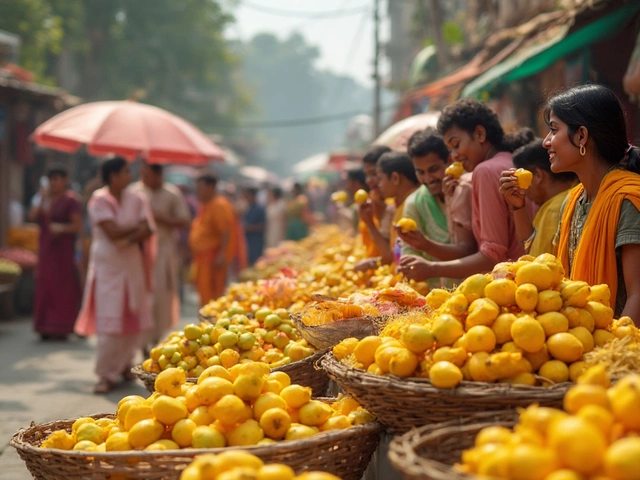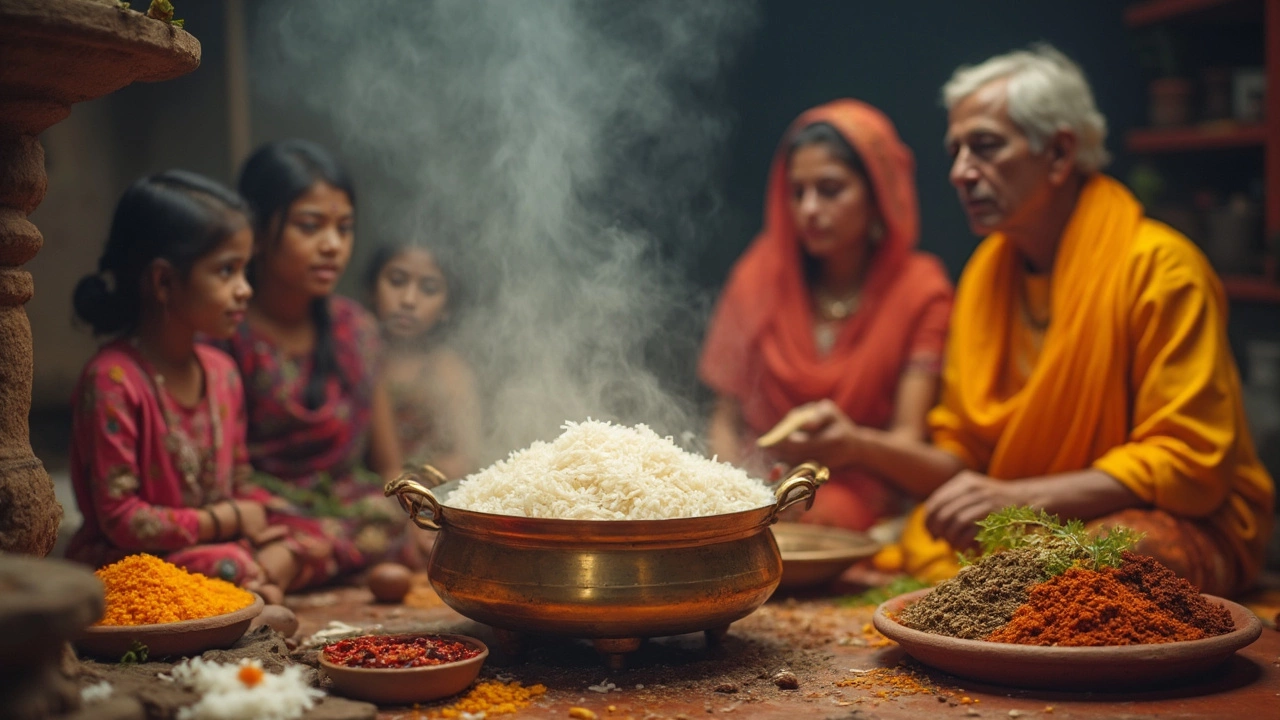Rice Conversion Made Simple
If you ever wondered how many grains grow on a single plant, how much rice one cup of dry rice yields, or the exact water‑to‑rice ratio for fluffy grains, you are in the right place. This guide breaks down the most common rice conversions you’ll need, whether you’re planning a small backyard paddy or just cooking dinner.
From Plant to Plate: Yield Basics
On average, a healthy rice plant produces between 80 and 120 grains per panicle, and a typical paddy holds about 20,000 plants per hectare. Multiply those numbers and you get roughly 1.6 to 2.4 million grains per hectare. In practical terms, that translates to about 4,000 to 6,000 kilograms of milled rice per hectare, depending on variety and local conditions.
If you’re growing rice in a personal garden, count the panicles instead of the grains. One panicle weighing 2 g of dry grain will give you about 250 g of cooked rice after soaking and steaming. So a handful of panicles can feed a family of four.
Cooking Conversions: Dry to Cooked Rice
The most useful kitchen conversion is dry‑to‑cooked volume. One cup (200 g) of dry white rice yields about three cups (600 g) of cooked rice. Brown rice absorbs a bit more water, so one cup of dry brown rice gives roughly 2.5 to 3 cups cooked.
Water ratios matter. For fluffy white rice, use 1 part rice to 1.5 parts water (e.g., 1 cup rice + 1.5 cups water). For brown rice, increase the water to 2 parts. If you like softer rice, add a splash more water; if you prefer drier grains, cut back a little.
Remember to let the rice sit for 10–15 minutes after cooking. This rest period lets excess moisture redistribute, giving you perfect grains every time.
Quick Conversion Checklist
- Dry to cooked volume: 1 cup dry → 3 cups cooked (white), 1 cup dry → 2.5‑3 cups cooked (brown).
- Water ratio: 1 : 1.5 for white, 1 : 2 for brown.
- Yield per plant: ~100 grains per panicle, ≈250 g cooked rice per panicle.
- Field yield: 4–6 t per hectare for average varieties.
Keep this list handy when you’re budgeting seed, planning a small paddy, or just measuring out dinner. The numbers are estimates, so adjust based on your local climate and rice variety.
Now you have the key conversions for rice—from the field to the plate. Use them to avoid waste, plan harvests, and serve perfect rice every meal.
How Much Rice Does 2 Cups Uncooked Make: A Deep Dive into Rice Cultivation
Ever wondered how much cooked rice you get from 2 cups of uncooked rice? This article explores the answer while delving into fascinating aspects of rice cultivation and cooking. Discover how rice expands during cooking and why it's a staple in kitchens worldwide. Learn useful tips on making the fluffiest rice and uncover some interesting rice facts you might not know.
About
Rice Cultivation
Latest Posts


Top Plants for a Sustainable Garden: Eco-Friendly Choices That Thrive
By Alden Thorne Jul 6, 2025

Best Plants for Rooftop Gardens: Make the Most of Your Terrace Space
By Alden Thorne Jun 8, 2025

Unlocking the 5 5 5 Rule in Rice Cultivation
By Alden Thorne Feb 22, 2025

